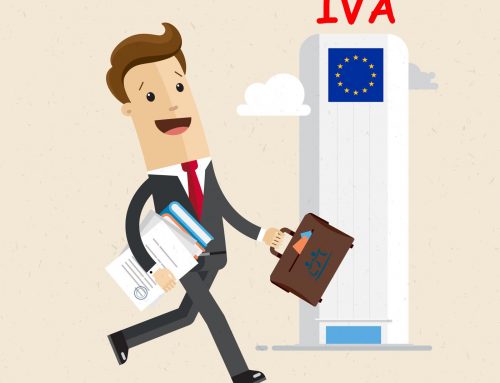At the time of starting a business the question always arises of what expenses are deductible for the businessman or professional when determining the net income of the activity. The mere fact of having an invoice stating an expense not justify your income tax deduction. Our purpose is to clarify this issue on the following lines, in a summarized way. To examine more deeply the question we recommend entering the attached links.Personal income tax legislation refers to the rules of Corporation Tax (IS) for the purposes of the determination of net income and therefore the determination of deductible expenses (LIRPF Art.28).Thus, in general, various requirements necessary to be considered deductible expense are as follows:- Accounting or book-entry in the register: for those taxpayers covered by the direct method, normal or simplified estimate, the tax deductibility of their expenses is subject to prior accounting or recording them in the necessary books.- Justification: must be justified as a priority by the invoice submitted by the employer or professional who has carried out an operation, either complete or simplified. However, in cases where the invoice does not comply with all formal conditions to be considered complete, the interpretation that has prevailed is that the expense is deductible to the extent it is justified by any other evidence admitted in law, since the bill is a means test, but not the only one. The fact that it is a receipt or simplified invoice does not preclude the deductibility.- Timing of recognition: As a general rule, accounted for and justified expense is charged in the tax base for the tax period in which it was accrued.- Correlation with income: Normally the Administration is denying the deductibility of expenditure if it is not related to income generation. In addition, the individual amount of the costs, so you have to keep in mind that the tax authorities may consider as nondeductible those which are excessive or disproportionate. Then we develop some of the most contentious issues, incorporating examples, as well as a link to the binding request of the AEAT:
- Vehicles. The criterion of binding consultations establishes that the vehicle can be considered a capital item affection and deductible expenses arising from the use thereof exclusive use is necessary for the purposes of such activity. Thus if the vehicle was used in both activity and for private purposes, although the latter had an accessory use and irrelevant character, it would be considered a capital item subject to the activity, not proving those expenses deductible. Not applicable to system euro / km (on earned income) deduction.
- Meals and travel. It is desirable for professional to follow a procedure or system that shows evidence needed to prove to the tax authorities that expenses correspond unequivocally to the activity.
- Clothes. Dress for attorney fees. Nondeductible
- Courses. Assistance for retraining or vocational training when they are required for the development of the activity. Deductible. Master of legal practice carried out before the start of the professional activity of a lawyer. Nondeductible.
- Material. Dishwasher purchased for the office. Nondeductible depreciation because it is not considered a specific machine for this activity.
- Expenses arising from ownership of property (e.g. depreciation, IBI, waste rate, community owners, …). The DGT supports partial deduction, provided that the affected part is capable of separate use (e.g. room used as professional office).
- Supplies (e.g. electricity, wifi, …). TEAC resolution which establishes a link attached change in criteria in admitting partial deduction of expenses for those freelancers who work from home. The court speaks of a “combined approach of square meters with activity days and hours in which such activity in the building”. In this case, unlike the previous one, is not sufficient merely proportion depending on the square meters of housing related to the activity.
Finally, one of the special rules regarding expenses in income tax refers to insurance premiums illness: it is considered deductible for the calculation of net income in direct estimate, spending premiums health insurance paid by the taxpayer the part corresponding to his/her own coverage and the spouse and children under twenty five years old living with him/her, with the ceiling of EUR 500 for each of the aforementioned persons or 1,500 euros for each disabled person.








Leave A Comment